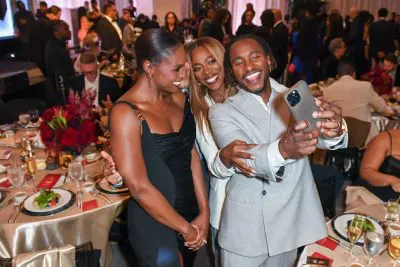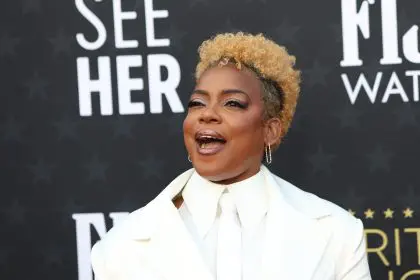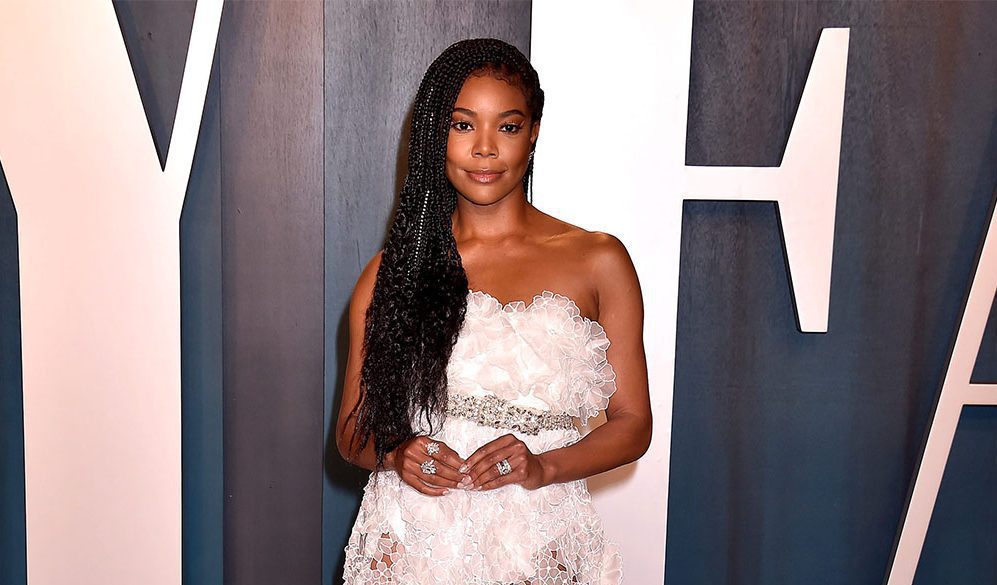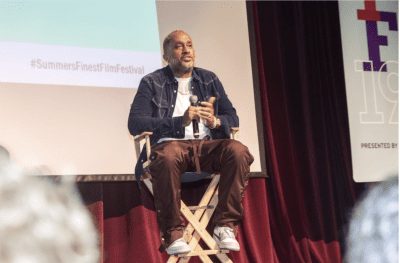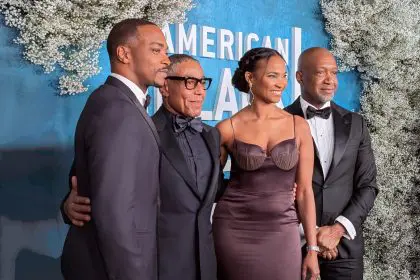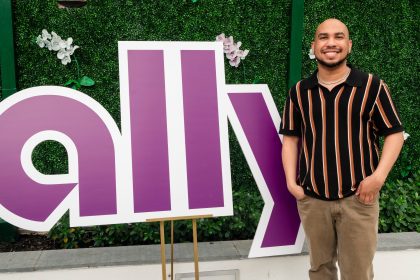
Despite the magnificent success of black filmmakers and the plethora of African American movie options from the mid-1980s to the late ’90s, there was a radical paradigm shift in the mentality of Hollywood in the new millennium that all but brought black film production to a complete halt.
According to American Black Film Festival founder Jeff Friday, studio execs went from a storytelling mentality to a “home-run” perspective.
“2000 hit, and the culture of studios changed,” Friday says. “You know, the culture became blockbuster [movies], international sales, sequels … So now in 2012, the trajectory, there is none. There are essentially two or three films a year, in the past three or four years — if you count them … that are either directed by or made for an African American audience.”
All minorities are mired in similar predicaments with Hispanics and Asians probably suffering even worse from the perspective of movies being made by and for their respective audiences. “Latino [audiences] are no different; probably worse. Studios have really gone away from niche filmmaking. They’re going for the home runs now.”
“I’d just come back from the Sundance Film Festival in January of 1997,” Friday recalls. “And I’d gone to [a film festival in] Japan in May of ’96. And one of the things that I took away from those two experiences, and they were both great events, but they really did lack diversity as it related to the audience and as it related to the art — to the films.”
Friday, at that time, was heading Uniworld film division. “My boss, Byron Lewis, and I were talking about my experience at both events. And the question came up: Do you think there should be an African American version or an African version [of Sundance]? And I said, you know, interesting that you say that, because while I was there I was thinking about that. Why don’t these big festivals really showcase films by people of African descent? Are we not making movies, or are we just not being invited to these events? Do we not know about them? So we decided to just try one.”
What Friday strives for and has worked toward during these 16 years as head of the ABFF, is to help the culture of Hollywood return to the days when an unprecedented number of black directors, producers, actors and behind-the-scenes people were given exposure on a mass scale.
“That [period] followed Spike Lee and She’s Got to Have It in 1986. So from that point on, it was New Jack City, it was Hollywood Shuffle, it was Keenan Wayan films and, you know, Soul Food and Preacher’s Wife and How Stella Got Her Groove Back and Love Jones and Set It Off … and that was all between ’94 and ’99,” he said. “And we didn’t realize how great that was and how rich — how rich the Hollywood landscape was about black culture.” –terry shropshire

